DOES GETTING FUCKED IN THE ASS MAKE YOU A WOMAN?
Pulitzer Prize Winner Andrea Long Chung Thinks So!
Hey Folks,
Years ago, I was a fan of a great comic strip called Tom the Dancing Bug, which had a character named Dinkle, the unlovable loser.
The joke played on the classic comic strip trope of the lovable loser, whose most famous avatar is Charlie Brown.
Dinkle turned that trope on its head. Each strip starts cutesy, then gets dark.
This character always stuck in my mind because unfortunately, it describes something that’s all too true: some people fucking suck. It would be nice if that weren’t true, but it is. Which brings me to Andrea (or Andrew) Long Chu, leading trans ideologue, Pulitzer Prize winner, and despicable batshit twit.
In many ways, Chu is the ultimate Dinkle. On one hand, he writes openly about the extremely damaging effect that internet porn has had on his life, which garners him some sympathy in my book.
On the other, he’s also the guy who attempted to popularize the term TARL (“Trans-Agnostic Reactionary Liberal”) as a pejorative term for people who are insufficiently enthusiastic about the whole idea of slicing up children, butchering Romance languages, and making a whole generation of people dependent on unnecessary pharmaceutical drugs for life.
As an intellectual, I also find it extremely fucking grating that crap like is what passes for intellectualism these days:
Chu once wrote an essay called Did Sissy Porn Make Me Trans?, in which he concludes that his porn addiction is responsible for his profound misery, which he calls “gender dysphoria”.
In 2023, Chu was awarded the prestigious Pulitzer Prize for writing which explores “some of society's most fraught topics." Technically, that’s true.
The problem is that Chu, like Dinkle, utterly fails to discover anything of value in those explorations. Instead, he reaches insane depths of self-delusion as he seeks to project his intense self-loathing outwards onto society.
If you don’t know what sissy porn is, I’ll let Chu explain it for you:
Sissy porn’s central conceit is that the women it depicts are in fact former men who have been feminized (‘sissified’) by being forced to wear makeup, wear lingerie, and perform acts of sexual submission. Captions further instruct viewers to understand that the very act of looking at sissy porn itself constitutes an act of sexual degradation, with the implication that, whether they like it or not, viewers will inevitably be transformed into females themselves. This makes sissy porn a kind of metapornography, that is, porn about what happens to you when you watch porn. At the center of sissy porn lies the asshole, a kind of universal vagina through which femaleness can always be accessed. Getting fucked makes you female because fucked is what a female is.
Wow. That has got to be the most misogynistic thing I’ve ever heard in my life. And they gave this dipshit the Pulitzer Prize.
Henceforth I will refer to this creep not as Andrea or Andrew, but Dinkle Long Chu. Hey, he earned it.
WHAT IS SISSY PORN? (NSFW!)
Pardon me if this disturbs you, but I’m going to include some sissy-themed pictures that will give you an idea of what this genre of porn is.
Note that this genre of porn is clearly geared towards men who are attracted to women, but it confuses subject and object in a way that seems designed to cause sexual confusion. It seems meant to trick the male brain into being attracted to female-looking people who aren’t actually women. To me, this entire genre of porn seems calculated to turn straight guys queer. It’s fucking twisted. Who’s behind this stuff?
Keep in mind that the above images are very tame examples of sissy porn, just to give you a some basic idea of what the genre is about. If you want to learn more (which I don’t recommend), you will easily be able to find oodles of this stuff all over the internet, and you’ll quickly see what I’m talking about.
So, what is the agenda here? These are basically ads. Who’s making them? Why are they doing it? Is this about creating customers for Big Pharma by marketing mental illness? Is it an organic phenomenon caused by the convergence of porn and meme culture? Or is something still more sinister?
I don’t claim to know, and I’m honestly not too keen on spending too much time even thinking about this stuff. I encourage you to do your own research and draw your own conclusions. Let’s get back to Dinkle Long Chu.
In an essay called Andrea Long Chu’s Pulitzer win is an insult to women, Joan Smith writes:
Chu clearly has a very distorted idea of what being a woman is, conflating the idea with being passive and victimised in language so extreme that it’s distasteful to quote. The writer describes being a “sad, pretentious boy, furious about rape, hopelessly addicted to pornography”, which he would look at for hours in the bathroom while his girlfriend was asleep…
Vulture describes Chu as having a “one-of-a-kind mind”, as well as “prose that swoops and soars like an Olympian”. Were they thinking of “Pornography is what it feels like when you think you have an object, but really the object has you. It is therefore a quintessential expression of femaleness.” Or perhaps it was when Chu described the anus as “a kind of universal vagina through which femaleness can always be accessed”?
Let me say that again: Dinkle Long Chu claims that the male anus is ‘a kind of universal vagina through which femaleness can always be accessed’. You read that right. Apparently getting fucked in the ass makes you a woman now. Who knew?
And they gave this dipshit the Pulitzer Prize. You know your civilization’s past its best-before date when…
In the belief that it is the best way to expose Chu as the Dinkle he is, I will offer you a choice cut of an article that he wrote for the New York Times back in 2018. I can think of no better way to expose trans fanaticism than to share this article, which contain the demented ravings of an incredibly sick man. He wrote it shortly before getting his dick cut off. It’s called My New Vagina Won’t Make Me Happy. And it shouldn’t have to. AndI can pretty much guarantee you this - no matter how bad you think it’s going to be from the title, it’s actually way worse. I’m reposting this for a reason. I see it as a cry for help from the collective unconscious.
If it weren’t for the fact that Dinkle Long Chu actively promotes child genital mutilation, I might have actually feel some sympathy for this guy.
Actually, that’s a lie. I do feel sympathy for this guy. Or maybe pity is a better word.
Dinkle Long Chu is living, breathing proof of how harmful internet porn can be. I personally think that his work is worth reading, if only because it may contain some of the worst and most insanely stupid things ever written. It’s kind of amazing how horrible it is.
I also want to point out that pain is clearly real. If the point of art is to express deep pain, he is an artist. His deep pain bleeds off the screen, filling the air with a black miasma of misery, confusion, and convoluted despair. He is, in a way, a tragic figure, although it’s pretty tough feeling sorry for such an extreme misogynist.
That said, let’s keep in mind that most of the people suffering from “gender dysphoria” and porn addiction are not going around preaching misery as if it were some kind of gospel worth spreading. Most people have enough sense to be ashamed of their problem. But Chu seek to normalize behaviour that is shameful.
Shame gets a bad rap these days, but shame is a legitimate human emotion. Shame comes from the conscience. I think it’s wrong to push shame on people, but there’s a reason that “shameless” has the connotations it does. Dinkle Long Chu is a great example. Someone like him should be ashamed to stand up in public and push an ideology that will inevitably cause misery. But he was you to be ashamed of being a TARL. You can’t make this shit up.
As Bill Burr puts it, “They’re shaming shame!”
Most losers are not like Dinkle. Most losers are, deep down, just lonely people who want to give and receive love. They just don’t know how to get from Point A to Point B. They don’t even know where to start. They have bad habits, low self-esteem, secret shame, and poor social skills. But deep down, they’re like Charlie Brown.
All over the world, young men suffer from the pains of porn addiction, along with the secret shame which accompanies it. This is a massive societal problem, and very few people are talking about it.
I really don’t know how to solve this problem, but the first step is acknowledge that it exists. Next, we need to talk starting about it.
What do you think? Is internet porn directly responsible for the trans craze? Is sissy porn part of some nefarious agenda to turn straight young men queer? If so, who’s behind it?
Have you struggled with porn addiction, or do you know someone who has? Do you know of people who have overcome their addiction? Do you have any advice for people who might be suffering from “gender dysphoria”? What needs to be said about porn addiction that you don’t think is being said?
Because I’d like to say something positive about Dinkle Long Chu’s writing before wrapping up, I got one line from him that’s worth repeating.
It’s this:
“Try arguing with an orgasm.”
Okay, I’ll leave that one for you to interpret and leave it there for now.
Until next time, friends!
Crow Qu’appelle
My New Vagina Won’t Make Me Happy. And it shouldn’t have to.
By Andrea Long Chu, November 24, 2018
Originally Published in the New York Times
Next Thursday, I will get a vagina. The procedure will last around six hours, and I will be in recovery for at least three months. Until the day I die, my body will regard the vagina as a wound; as a result, it will require regular, painful attention to maintain. This is what I want, but there is no guarantee it will make me happier. In fact, I don’t expect it to. That shouldn’t disqualify me from getting it.
I like to say that being trans is the second-worst thing that ever happened to me. (The worst was being born a boy.) Dysphoria is notoriously difficult to describe to those who haven’t experienced it, like a flavor. Its official definition — the distress some transgender people feel at the incongruence between the gender they express and the gender they’ve been socially assigned — does little justice to the feeling.
But in my experience, at least: Dysphoria feels like being unable to get warm, no matter how many layers you put on. It feels like hunger without appetite. It feels like getting on an airplane to fly home, only to realize mid-flight that this is it: You’re going to spend the rest of your life on an airplane. It feels like grieving. It feels like having nothing to grieve.
Many conservatives call this crazy. A popular right-wing narrative holds that gender dysphoria is a clinical delusion; hence, feeding that delusion with hormones and surgeries constitutes a violation of medical ethics. Just ask the Heritage Foundation fellow Ryan T. Anderson, whose book “When Harry Became Sally” draws heavily on the work of Dr. Paul McHugh, the psychiatrist who shut down the gender identity clinic at Johns Hopkins in 1979 on the grounds that trans-affirmative care meant “cooperating with a mental illness.” Mr. Anderson writes, “We must avoid adding to the pain experienced by people with gender dysphoria, while we present them with alternatives to transitioning.”
In this view, it is not only fair to refuse trans people the care they seek; it is also kind. A therapist with a suicidal client does not draw the bath and supply the razor. Take it from my father, a pediatrician, who once remarked to me that he would no sooner prescribe puberty blockers to a gender dysphoric child than he would give a distemper shot to someone who believed she was a dog.
Naturally, a liberal counternarrative exists, and it has become increasingly mainstream. Transgender people are not deluded, advocates say, but they are suffering; therefore, medical professionals have a duty to ease that suffering. In this view, dysphoria is more akin to a herniated disc — a source of debilitating but treatable pain. “Gender dysphoria can in large part be alleviated through treatment,” states the World Professional Association for Transgender Health in its Standards of Care. Dr. John Steever, an adolescent medicine specialist at the Mount Sinai Center for Transgender Medicine and Surgery in New York City, told The Times last month that a gender-affirming approach seeks to “prevent some of the traditional horrible outcomes that transgender or gender-nonconforming youth have ended up with,” including increased rates of depression, suicidal ideation and substance abuse.
A gender-affirmative model will almost certainly lead to more and higher-quality care for transgender patients. But by focusing on minimizing patients’ pain, it leaves the door open for care to be refused when a doctor, or someone playing doctor, deems the risks too high. This was the thrust of a recent Atlantic cover story in which the journalist Jesse Singal used the statistically small number of people who have come to regret their medical transitions to argue that transitioning is “not the answer for everyone.” There was a dog whistle here: Hormones and surgery can and should be withheld from patients who want them when such treatments cannot be reasonably expected to “maximize good outcomes.”
Mr. Singal is Mr. Anderson’s liberal doppelgänger. Both writers engage in what we could call “compassion-mongering,” peddling bigotry in the guise of sympathetic concern. Both posit a medical duty to refrain from increasing trans people’s suffering — what’s called nonmaleficence. Neither has any issue with gatekeeping per se; they differ, modestly, on how the gate is to be kept.
Buried under all of this, like a sober tuber, lies an assumption so sensible you’ll think me silly for digging it up. It’s this: People transition because they think it will make them feel better. The thing is, this is wrong.
I feel demonstrably worse since I started on hormones. One reason is that, absent the levees of the closet, years of repressed longing for the girlhood I never had have flooded my consciousness. I am a marshland of regret. Another reason is that I take estrogen — effectively, delayed-release sadness, a little aquamarine pill that more or less guarantees a good weep within six to eight hours.
Like many of my trans friends, I’ve watched my dysphoria balloon since I began transition. I now feel very strongly about the length of my index fingers — enough that I will sometimes shyly unthread my hand from my girlfriend’s as we walk down the street. When she tells me I’m beautiful, I resent it. I’ve been outside. I know what beautiful looks like. Don’t patronize me.
I was not suicidal before hormones. Now I often am.
I won’t go through with it, probably. Killing is icky. I tell you this not because I’m cruising for sympathy but to prepare you for what I’m telling you now: I still want this, all of it. I want the tears; I want the pain. Transition doesn’t have to make me happy for me to want it. Left to their own devices, people will rarely pursue what makes them feel good in the long term. Desire and happiness are independent agents.
As long as transgender medicine retains the alleviation of pain as its benchmark of success, it will reserve for itself, with a dictator’s benevolence, the right to withhold care from those who want it. Transgender people have been forced, for decades, to rely for care on a medical establishment that regards them with both suspicion and condescension. And yet as things stand today, there is still only one way to obtain hormones and surgery: to pretend that these treatments will make the pain go away.
The medical maxim “First, do no harm” assumes that health care providers possess both the means and the authority to decide what counts as harm. When doctors and patients disagree, the exercise of this prerogative can, itself, be harmful. Nonmaleficence is a principle violated in its very observation. Its true purpose is not to shield patients from injury but to install the medical professional as a little king of someone else’s body.
Let me be clear: I believe that surgeries of all kinds can and do make an enormous difference in the lives of trans people.
But I also believe that surgery’s only prerequisite should be a simple demonstration of want. Beyond this, no amount of pain, anticipated or continuing, justifies its withholding.
Nothing, not even surgery, will grant me the mute simplicity of having always been a woman. I will live with this, or I won’t. That’s fine. The negative passions — grief, self-loathing, shame, regret — are as much a human right as universal health care, or food. There are no good outcomes in transition. There are only people, begging to be taken seriously.
Andrea Long Chu is an essayist and a critic. Her book “Females: A Concern” is forthcoming.





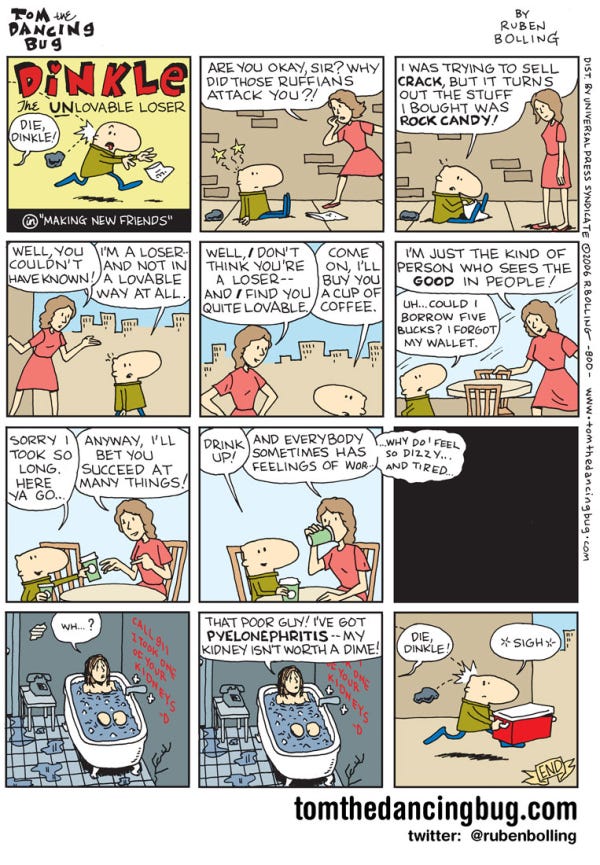
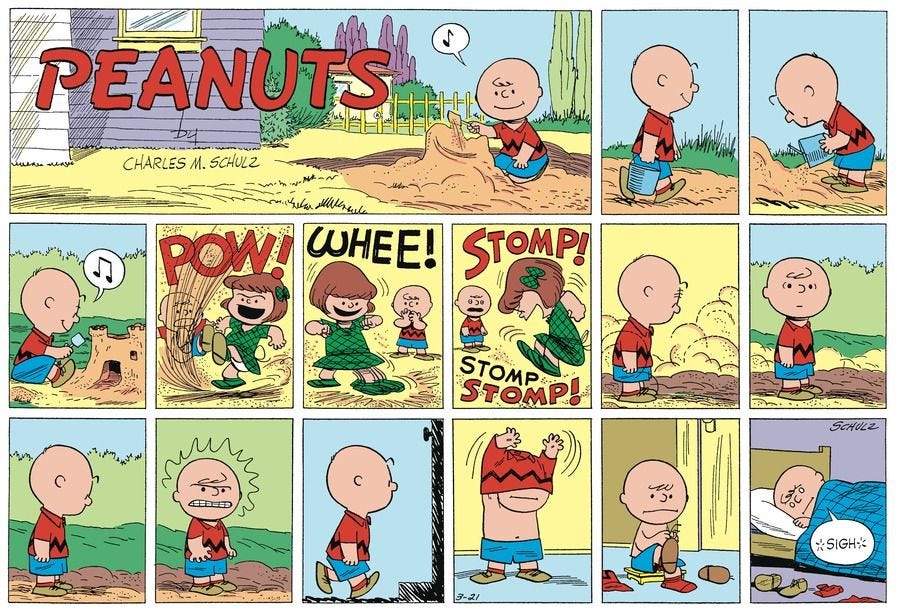

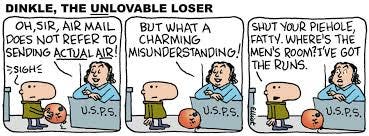




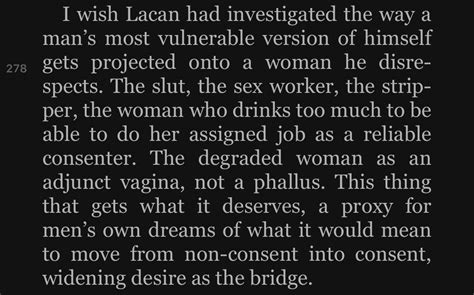


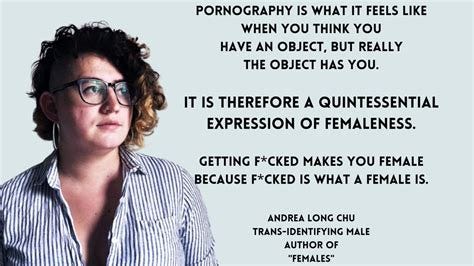

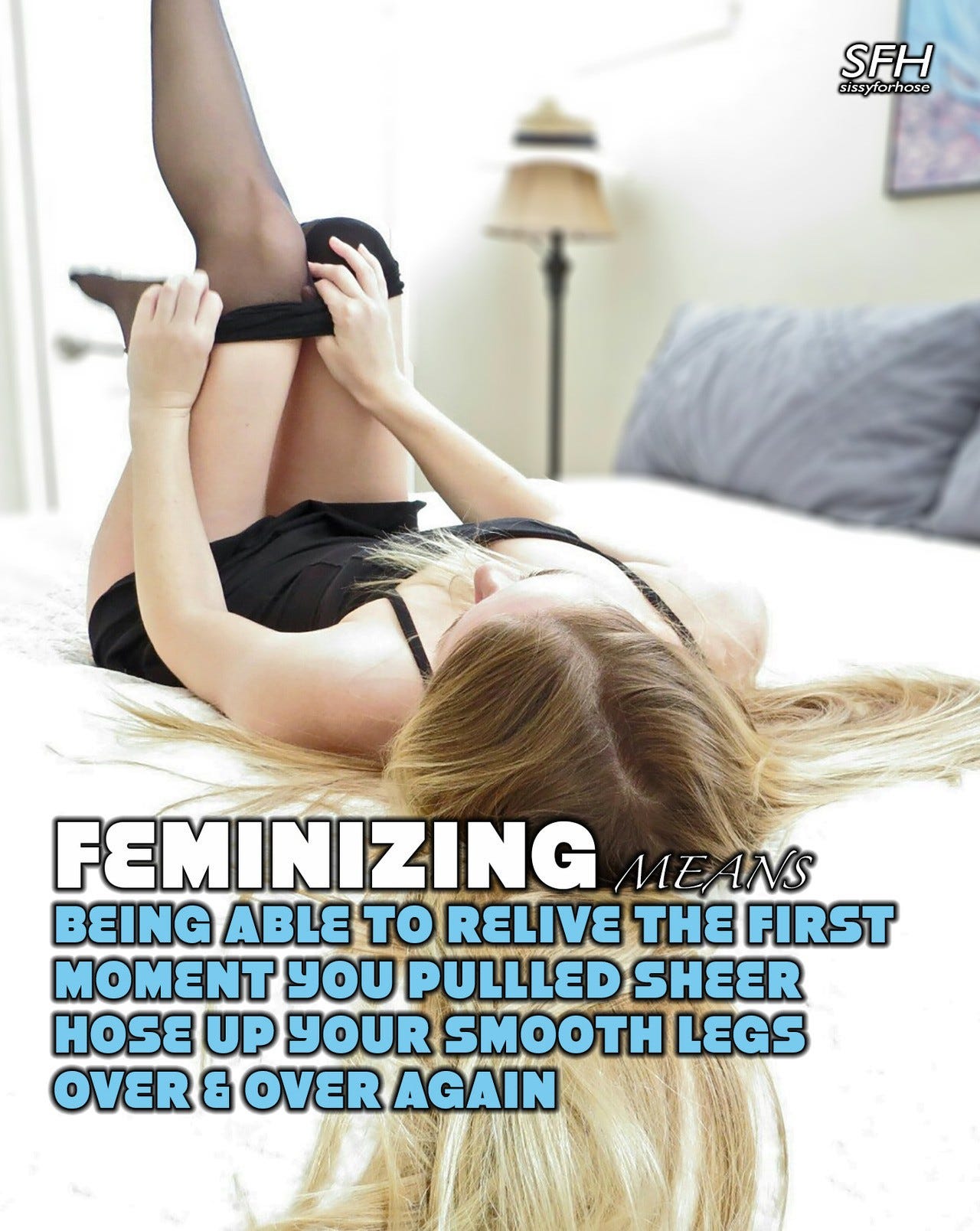

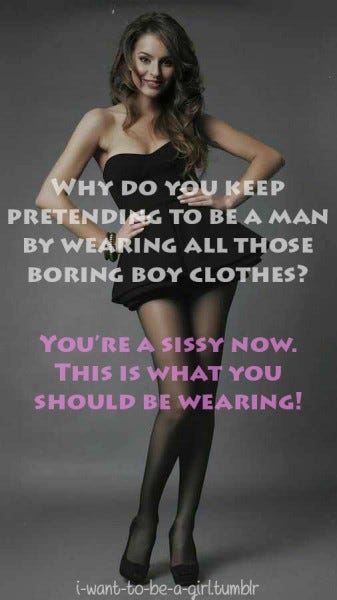

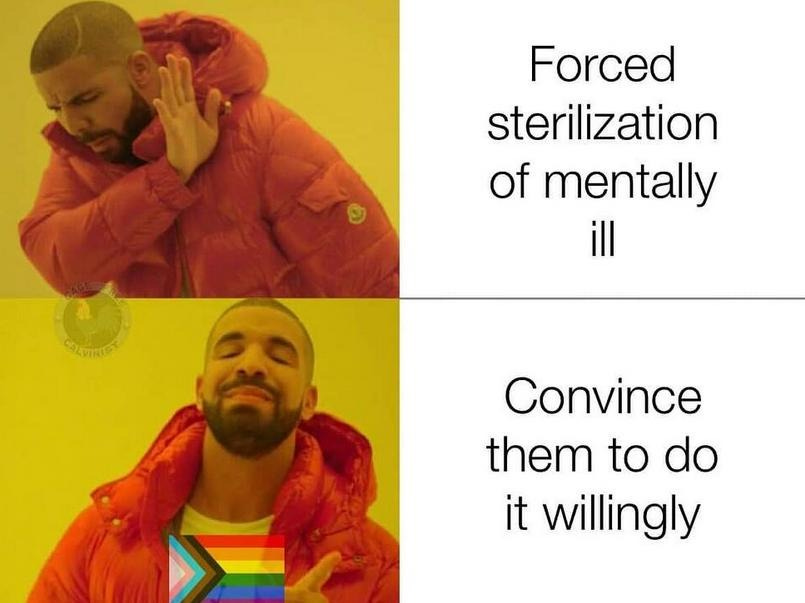
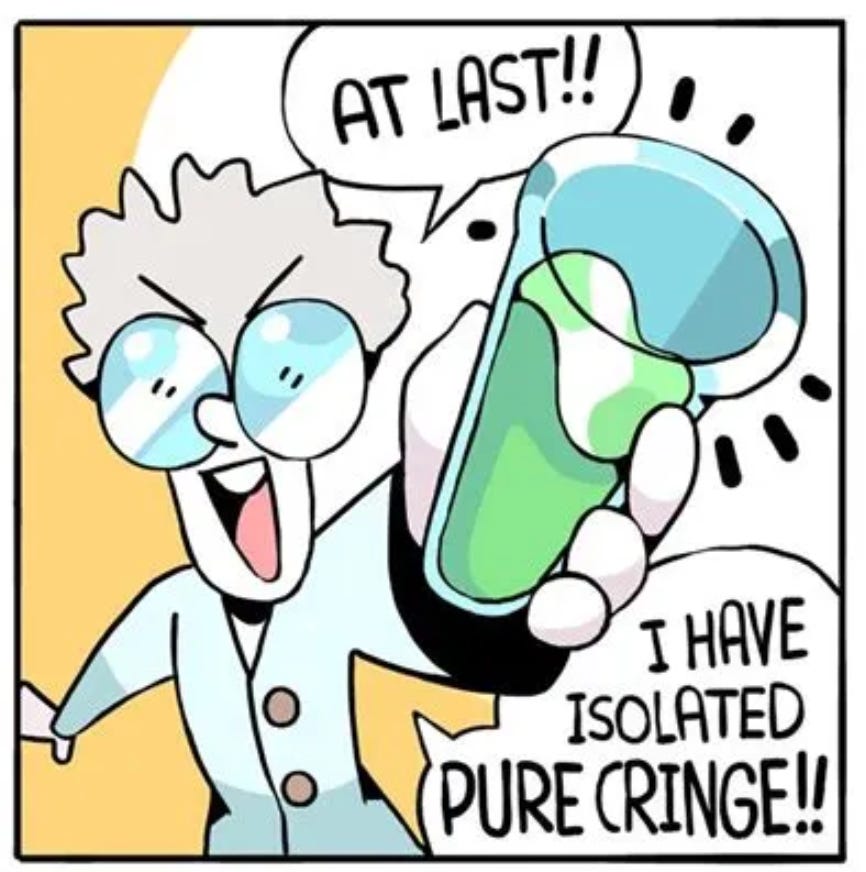

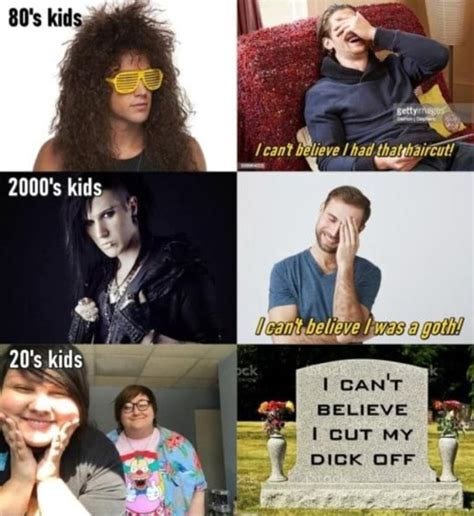
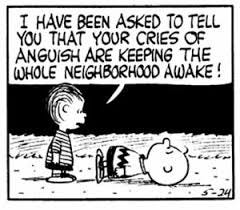
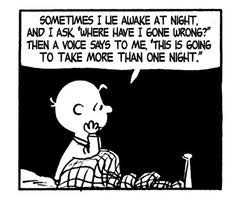
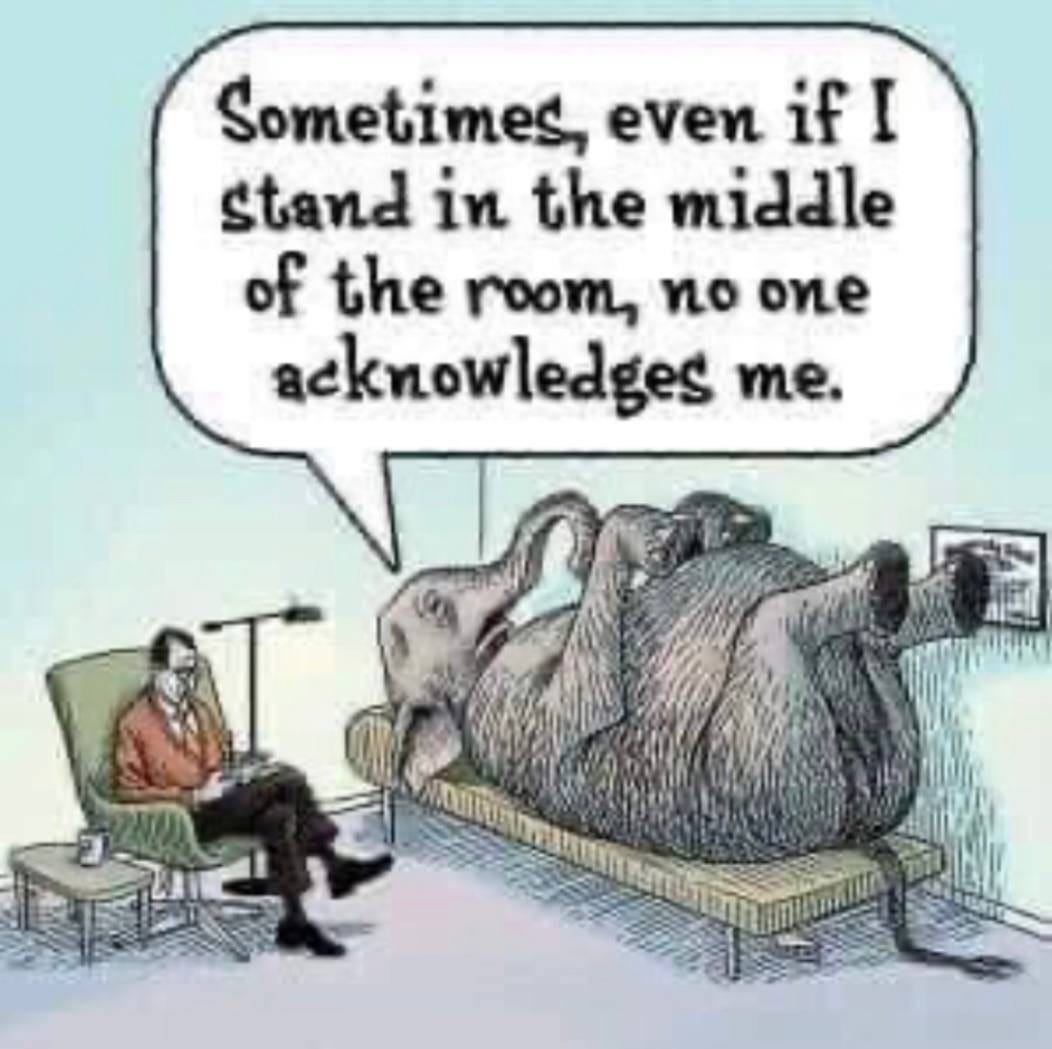
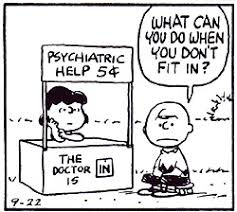

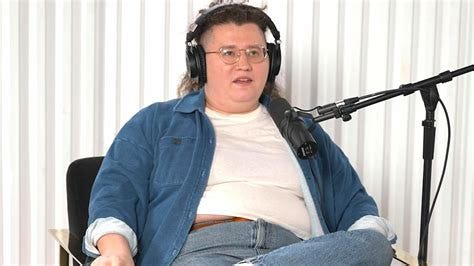
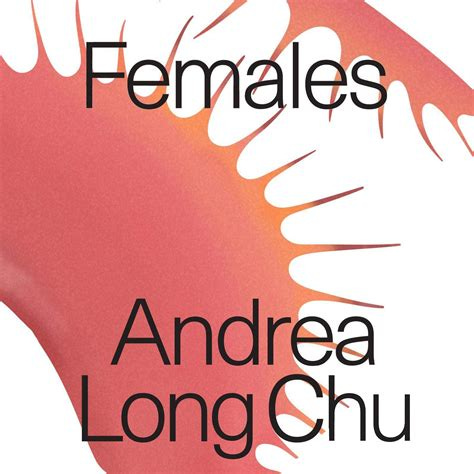
Gender-affirming care is a little like cutting off a leg because you feel like an amputee.
No sane doctor should ever do it.
Trans-Identifying people have a mental illness and deserve a long stay in a psych hospital until they get their meds balanced.
Still got the wrong chromosomes Dinkle. They should sew that dick to HIS forehead. As for the internet - I think it's a reciprocal thing: more chicks with dicks gets guys interested, the more they want to do it hence the more you see chicks with dicks.